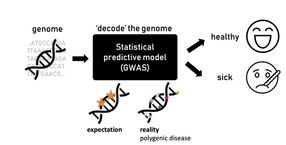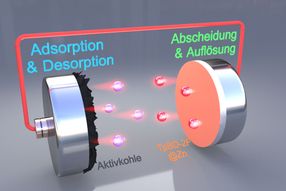European Medicines Agency recommends restricting use of thiocolchicoside by mouth or injection
Medicine only to be used at low doses for additional short-term relief of painful muscle contractures
The European Medicines Agency’s Committee on Human Medicinal Products (CHMP) has recommended that the authorised uses for thiocolchicoside-containing medicines for use by mouth or injection should be restricted across the European Union (EU). These medicines are now recommended only as an add-on treatment for painful muscle contractures (permanent tightening of the muscle tissue) resulting from spinal conditions in adults and adolescents 16 years of age or older. In addition, the dose of thiocolchicoside by mouth or injection should be restricted.
Thiocolchicoside is a muscle relaxant that has been authorised by national procedures in several EU Member States¹ for use by mouth or injection into the muscles in the treatment of painful muscular disorders.
The review of thiocolchicoside was triggered by the Italian medicines regulatory agency, AIFA, following new experimental evidence which suggested that thiocolchicoside was broken down in the body into a metabolite called M2 or SL59.0955 that could damage dividing cells, resulting in aneuploidy (an abnormal number or arrangement of chromosomes). As a result AIFA asked the CHMP to examine the safety profile of this medicine and consider what regulatory action might be appropriate.
The CHMP reviewed the evidence, including the opinions of experts in the field of medicines safety, and concluded that aneuploidy could occur with M2 at levels not much greater than those seen after recommended doses of thiocolchicoside taken by mouth. Aneuploidy is a risk factor for harm to the developing fetus, reduced fertility in men and in theory could increase the risk of developing cancer. The CHMP therefore recommended measures to ensure thiocolchicoside-containing medicines are used as safely as possible. These include restricting the maximum dose and number of days of treatment when given by mouth or injection. Use is also contra-indicated in pregnancy and lactation or in women of childbearing potential not using contraception, as well as in children or for chronic (long-term) conditions. Preparations for local application to the skin, which do not produce substantial levels of M2 in the body, are not affected by this review.
The CHMP opinion will now be forwarded to the European Commission, which will issue a final decision in due course.
Most read news
Other news from the department politics & laws

Get the life science industry in your inbox
From now on, don't miss a thing: Our newsletter for biotechnology, pharma and life sciences brings you up to date every Tuesday and Thursday. The latest industry news, product highlights and innovations - compact and easy to understand in your inbox. Researched by us so you don't have to.
















































